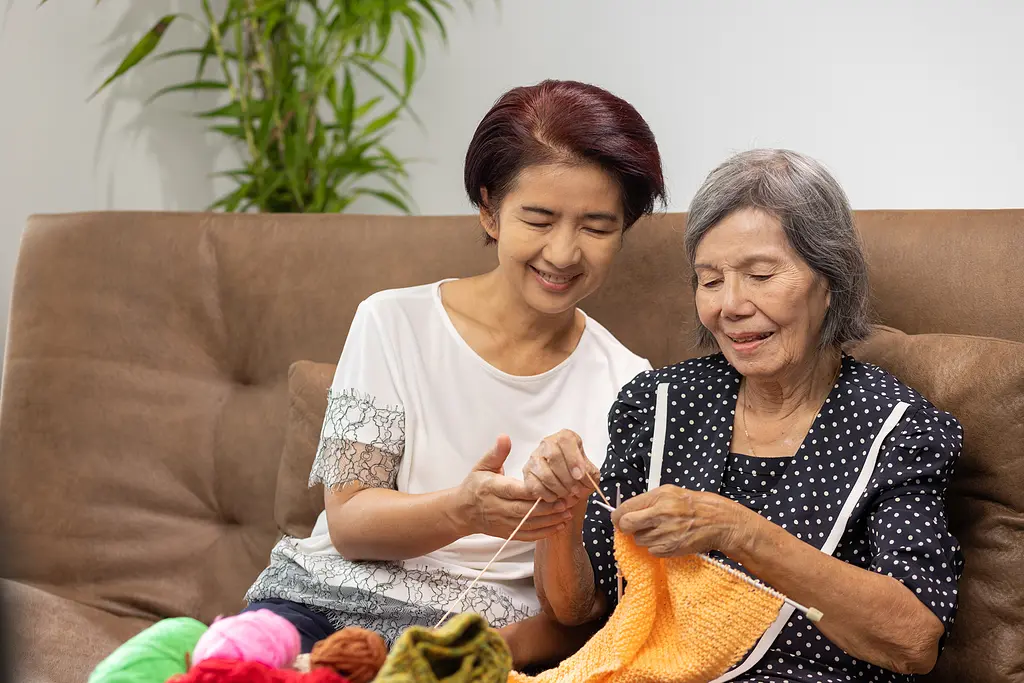Dementia is a debilitating condition that affects millions of individuals worldwide, and the numbers are on the rise. As we grapple with the challenges of an aging population, it becomes increasingly important to explore innovative and compassionate approaches to dementia care. This blog post delves into the concept of holistic dementia caregiving, a method that seeks to address the physical, emotional, and psychological needs of both the patients and their caregivers.
Understanding Dementia
Dementia is not a single ailment but a collective term for various conditions that impact cognitive function. These include Alzheimer’s disease, vascular dementia, Lewy body dementia, and more. Dementia is characterized by a range of symptoms, including memory loss, confusion, personality changes, and impaired communication. Its progression can be gradual and emotionally taxing for both the individual and their loved ones.
Traditional Dementia Care vs. Holistic Dementia Care
Traditional approaches to dementia care often focus on medical interventions and symptom management. While these are important, they may not address the broader needs of the patient. Holistic dementia care recognizes that the individual is a complex being with emotional, social, and psychological needs that should be considered alongside medical care.
The Components of Holistic Dementia Care
- Medical Care and Medications: Medications can help manage symptoms and slow the progression of dementia. Regular medical check-ups and consultations are essential.
- Emotional and Psychological Support: Dementia can lead to feelings of fear, anxiety, and depression. Providing emotional support, such as therapy and counseling, is crucial.
- Nutritional and Lifestyle Interventions: A healthy diet and physical activity can impact brain health. Caregivers should pay attention to these aspects.
- Social Engagement and Activities: Keeping the patient engaged with meaningful activities and social connections can improve their quality of life.
Creating a Supportive Environment
Adapting the living environment is a critical aspect of holistic dementia care. This may involve home modifications like removing trip hazards, installing handrails, and improving lighting. Safety measures such as locks on dangerous items and childproofing the home can also help prevent accidents. Encouraging independence, while still ensuring safety, is key.
Caregiver Self-Care
Caregivers play a crucial role in dementia care, but this often takes a toll on their own well-being. Preventing caregiver burnout and managing stress is essential. This might involve seeking respite care, taking breaks, and getting support from family and professionals.
Holistic Therapies and Interventions
Holistic therapies can offer additional support. Art and music therapy, for example, have shown benefits in improving cognitive function and emotional well-being in dementia patients. Pet therapy and mindfulness and meditation practices can also have a positive impact.
Connecting with Dementia Caregiving Communities
Caregivers shouldn’t go through this journey alone. Support groups and online forums can provide a sense of community, where individuals can share experiences, tips, and resources. These communities are valuable for both practical advice and emotional support..
Takeaway
Holistic dementia caregiving offers a comprehensive and compassionate approach to addressing the needs of individuals living with dementia and their caregivers. By recognizing the multifaceted nature of dementia and providing support in medical, emotional, and lifestyle aspects, we can improve the quality of life for those affected by this condition.












